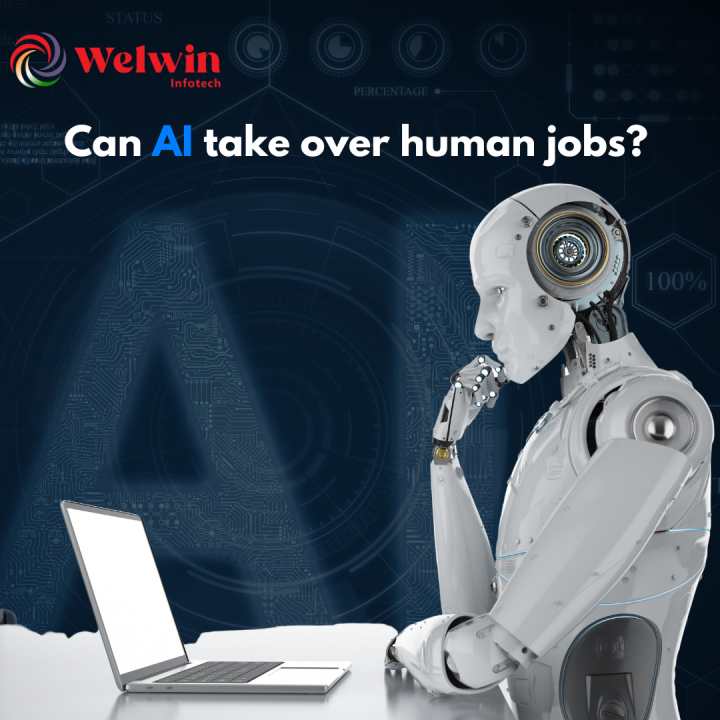Artificial intelligence (AI) has revolutionized the way we live and work. It has the potential to automate tasks that were previously performed by humans, leading to increased efficiency and productivity. However, the question that arises is whether AI will take over human jobs. In this article, we will explore the potential impact of AI on the job market.
AI has already started replacing humans in certain industries. For example, automated machines have replaced human workers in factories, and self-driving vehicles are being developed to replace human drivers. These advancements in AI technology have resulted in increased efficiency, reduced labor costs, and improved safety. However, they have also led to job losses for those who were previously employed in these industries.
According to a report by the World Economic Forum, AI is expected to replace 75 million jobs by 2022. However, the same report also suggests that AI will create 133 million new jobs, resulting in a net increase of 58 million jobs. While this may sound positive, the report also notes that the new jobs created by AI may require different skill sets and qualifications, leaving many people who lost their jobs to AI without the necessary skills to compete for these new jobs.
The impact of AI on the job market is not limited to blue-collar jobs. White-collar jobs such as administrative and clerical work are also at risk of being automated. For example, chatbots are being used to replace customer service representatives, and AI-powered algorithms are being used to screen resumes and conduct interviews.
One of the major concerns regarding AI replacing human jobs is the potential impact on the economy. Job losses can lead to decreased consumer spending, which can then lead to decreased production and ultimately a recession. Additionally, the rise of AI may lead to a widening income gap, with those who have the necessary skills to work with AI reaping the benefits while those without such skills fall behind.
However, it is important to note that AI also has the potential to create new opportunities and industries. For example, the development and maintenance of AI technology require skilled workers, leading to the creation of new jobs in these fields. Additionally, the increased efficiency and productivity resulting from AI can lead to new business opportunities and increased economic growth.
In conclusion, AI has the potential to automate many jobs, leading to increased efficiency and productivity. However, it also poses a risk of job losses and a widening income gap. It is crucial for individuals and governments to adapt to these changes by acquiring new skills and investing in education and training programs to ensure that everyone has the opportunity to benefit from the opportunities presented by AI. Ultimately, the key to a successful transition to an AI-powered economy is to ensure that the benefits of this technology are shared by everyone.





